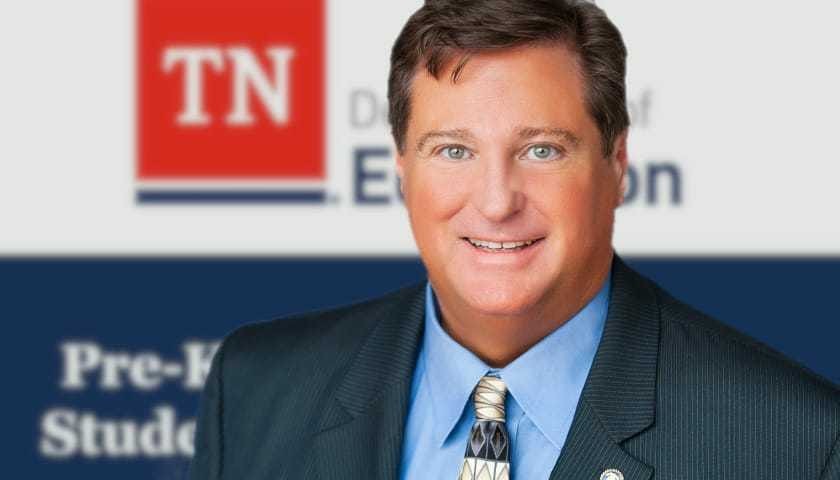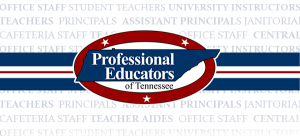The recent report from the Gallup-Walton Family Foundation sheds light on the alarming state of U.S. public education, revealing a landscape fraught with challenges that threaten the very foundation of learning. Drawing on insights from over 6,000 teachers, this survey uncovers significant resource and staffing deficiencies that hinder educators from fulfilling their critical roles.
More than 25% of teachers report a lack of essential materials, and nearly two-thirds cite a severe shortage of staff, particularly in crucial areas such as teaching assistants and mental health professionals. These statistics are not merely numbers; they represent real consequences for our children’s education and well-being.
Today, teachers are caught in a bind, pressured to adhere to rigid curricula imposed by policymakers. This one-size-fits-all approach often eclipses what truly nurtures student learning. Instead of fostering a love of knowledge, educators are burdened by standardized testing that prioritizes data over developmental needs, serving mainly to uphold bureaucratic priorities rather than enhancing educational outcomes.
The crisis in K-12 education is palpable, with teacher burnout rates surpassing those in nearly every other profession. A staggering 52% of educators report feeling overwhelmed, leading almost half to consider leaving the profession altogether. This attrition only exacerbates the existing shortage of qualified teachers. The solution is clear: we must dramatically increase support staff, expand mental health resources, and offer competitive salaries to retain our dedicated educators.
Financially, the implications of these shortages are dire. The Gallup poll indicates that the loss of teachers costs school districts an eye-watering $8.5 billion annually. While steps have been taken, such as recent pay increases for starting teachers in Tennessee, we must now focus on strategies that prioritize the retention of educators.
To address these urgent issues, we need a concerted effort to engage school boards, allocate budgets for mental health resources and support staff, and ensure that teachers are involved in the policy-making process. We must also address student behavioral issues and discipline. The health of our educational system depends on our ability to implement immediate, effective measures to support educators, which, in turn, will benefit our students.
Let’s consider an important question: Which teacher has a greater impact on a student’s education? The one who ensures understanding, or the one who rushes through content? In a high-pressure environment, focusing too much on pace can hinder deeper learning. We need to ask how we can customize learning experiences to fit each student's unique needs and interests, allowing them to progress at their own speed and in their preferred style.
Consider these strategies: Allocate budgets to hire additional teaching assistants, especially in high-need schools. Invest in trained professionals who can address diverse student needs and implement competitive salaries and benefits to enhance talent retention in the teaching profession. Enforce manageable class sizes and provide teachers with consistent access to crucial instructional materials. Develop robust mentorship programs and career advancement opportunities within the classroom. Finally, integrate comprehensive mental health resources into school budgets to continuously support educators.
The Gallup-Walton Family Foundation Survey is a vital resource that must not be overlooked. If we are serious about improving public education, we must take educators' insights to heart and act decisively to address these challenges. The future of our students and the integrity of the teaching profession depend on it.
##
JC Bowman is the executive director of Professional Educators of Tennessee.











